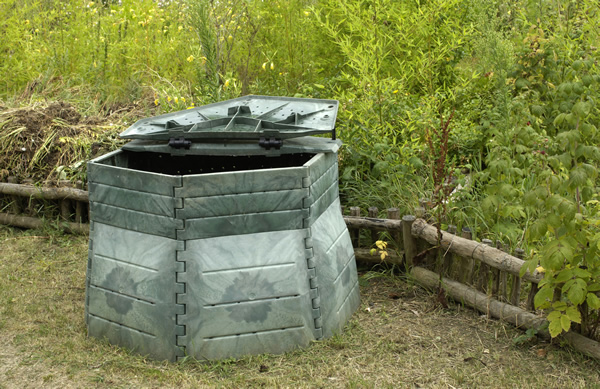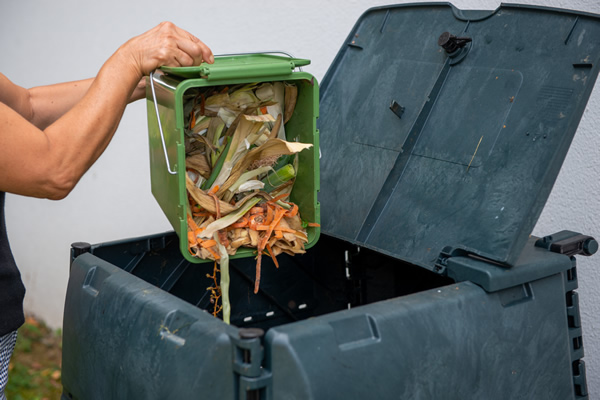
Here are a few reasons why you should consider having a designated compost space in your garden.
1. Improves Soil Fertility
When fully formed, compost has been shown to improve soil structure.
There are different types of soil available, depending on your location. These can range from the generally sandy soil, the clay soil, and the humus soil. Of all these three soil categories, the most suitable soil type for a garden is the humus soil. This means that you may need to augment your garden soil if it has clay soil or sandy soil. Even if the soil type in your garden is humus already, you'll still need to use compost and fertilizer to boost the land's soil structure over time. Boosting the soil structure will help increase the fertility of the soil in your garden.
2. Eco-friendly Recycling
Another good reason why compost is really a great idea is that you won't need to worry about where to put your waste. This is because you can easily turn your waste into compost. After all, compost is basically decomposed waste collected in a location for a long time.
Creating a designated compost waste space is also an eco-friendly means of recycling your waste. However, you need to pay attention and monitor what you add to your compost because not all waste can decompose. There are certain types of waste that easily decompose, otherwise known as biodegradable waste, which is what you should add. On the other hand, you should avoid adding nonbiodegradable waste. These include plastic, glass, rubber, and other synthetic materials that won’t make good content for your compost because they don't decompose and would only result in long-term pollution.
You can make compost more efficiently by including carbon-rich substances or waste such as paper, straw, and hay. Then shred them into bits to aid the speed of decomposition and reduce the workload of the forces involved in the decomposition, which basically are the actions of microorganisms. Microorganisms are living creatures that are too tiny to be seen with your naked eyes but are very effective at turning your dirt into compost.
Once you've added your straw and hay as the base, you can now add your waste into the combination. This way, you end up with an eco-friendly means of disposing of your waste in a way that benefits your garden.
3. Choice Content
Another major advantage of making your compost is the control it gives you. It allows you to decide the composition of materials you want to use to form your compost. This is a unique advantage which wouldn’t have been possible if you decide to get commercial manure for your garden. You can choose the content of the materials that make up the waste since the compost itself is formed in your garden.
The effect of this is clear; you can determine how rich your compost is because you know the quality of what you’ve added over time to your compost. You can also make your compost keep pace with the best commercially acquired compost in your location by adding enriched content.

4. Saves Money On Waste Disposal And Fertilizer
Let's face it, when it comes to having a sophisticated garden, either small or large, it’ll cost you quite some money. This is a fact most people often overlook when they come to view the beauty of your garden or when they want to partake in your harvest. However, by choosing to make your compost in your designated space, you can significantly reduce your operating costs.
Creating a designated space for compost can save you costs in two major ways. First, making your compost means you wouldn't need to spend much on recycling your waste. Secondly, it also eliminates the costs of buying manure or commercial compost. In other words, a designated compost space gives you an economical way of turning your waste into something useful and reduce the costs of running or setting up your garden.
Conclusion
Including a designated compost space in your garden offers a lot of advantages for homeowners. It improves the soil fertility in your garden, provides an eco-friendly way of disposing and recycling waste. It also helps you reduce running costs and allows you to get the best compost content for your garden. Without a doubt, adding a designated compost waste to your garden is a cost-effective way and efficient way to build and run your garden.
